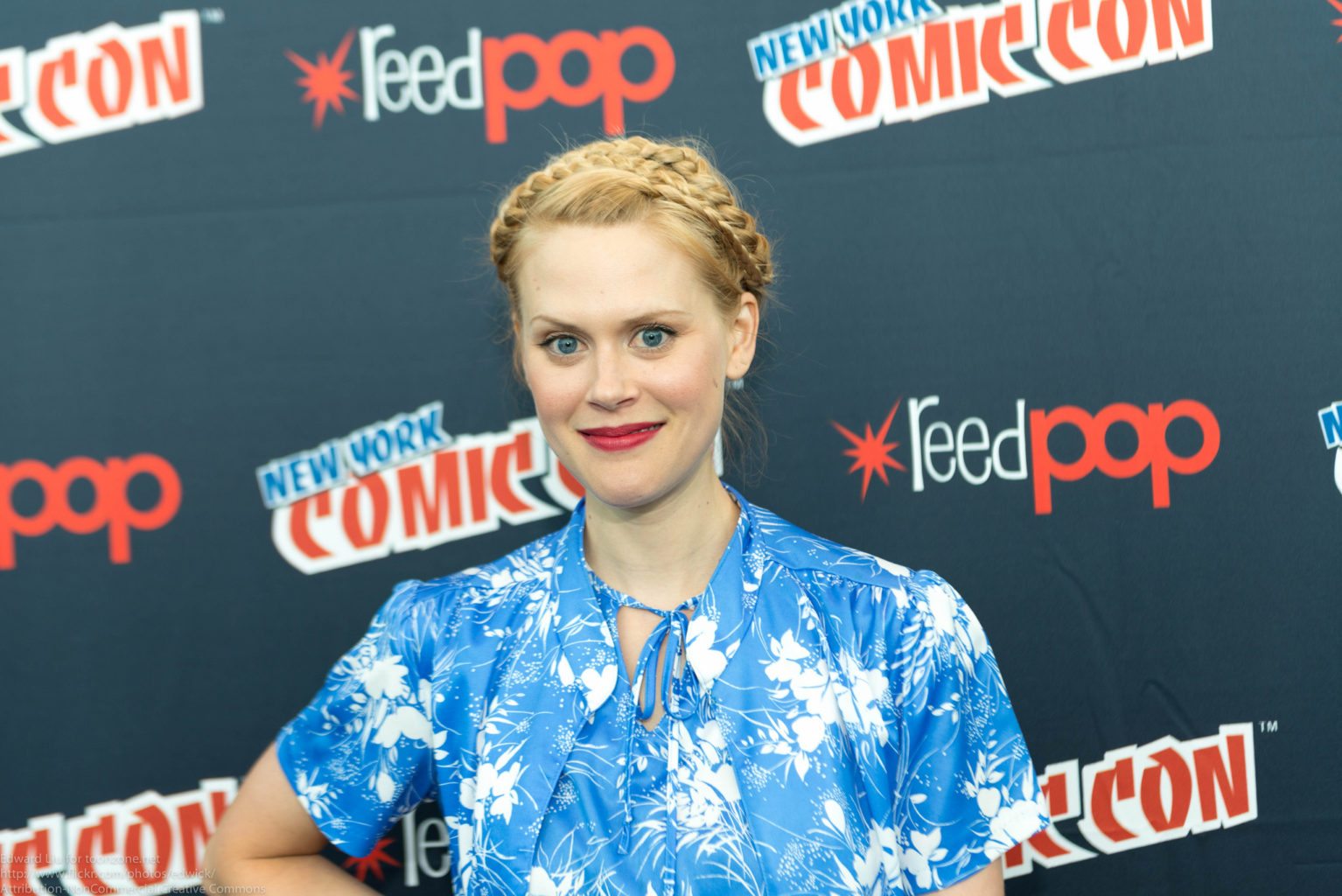Putting the ‘me’ in media
There’s a comic book series called The Wicked + the Divine. It’s basically about gods coming down to Earth in order to inspire humanity. They live for two years and then they die and they don’t come back for another 90 years. Usual stuff for comics, you know?
The thing is, The Wicked + The Divine has, as its main character, a woman of colour. She is surrounded by a cast of various trans and queer people (or gods? God-people? Geople? Pods?) of various ethnicities and classes. The Wicked + The Divine is a more realistic piece of fiction in terms of the people it represents than most naturalistic novels that you could pick up and read. And when a fringe comic book no one really knows about unless they accidentally run into it on the internet is the leader in terms of diversity, that’s probably something to talk about.
And then there’s The Legend of Korra. Remember Korra? That kid’s show about a girl who can magically manipulate all the classical elements in a world where manipulating one of the elements is fairly common? She’s called the Avatar, she’s special and she’s supposed to bring balance to the world. If you don’t know what I’m talking about, look it up, it’s worth looking into. Korra herself is (spoilers ahead, guys) a brown-skinned, bisexual woman protagonist who ends the entire series walking off into the sunset hand in hand with her girlfriend.
“They live for two years and then they die… Usual stuff for comics, you know?”
So the only possible explanation for everything being so concerned with white, straight, middle-class men in adult media is that mainstream publishers and producers think that everything else is just a bit too icky to show to people.
In order not to offend the majority by showing them that the real world has people who are genuinely different from them, they restrict themselves to the same boring old characters we see again and again and again and again. It’s a massive problem. The concern with what a single demographic of consumers will think stops truly interesting, truly dynamic media from ever being made, and the ignorance to the fact that this representation could make an entirely different demographic incredibly happy makes sure that they never will be made.
“The concern with what a single demographic… will think stop truly interesting media from being made”
I realise that what I’m saying here is the equivalent of screaming at a brick wall. I realise that the likelihood of a BBC producer reading this is slim to none. That doesn’t mean I shouldn’t say it, and it doesn’t mean I shouldn’t do as much as I can to combat it.
Changes have always started to gain momentum on the periphery of society, outside the mainstream. We can whine all we want that the things that should be doing the most aren’t doing anything (which I have been doing) but that won’t change it. The best way to change art and media is to make new art and media. I realise how arsey and pretentious that sounds, believe me, but you’re probably a Warwick student who’s already got this far into the article, so don’t talk to me about arsey and pretentious. You know you agree with me.
So while you’re writing all your poetry or planning your great novel, don’t think to yourself “this is fun but it’ll never be seen,” and don’t think to yourself “I’m only going to put characters in this that are exactly like me.” Nothing will happen if your stuff is never seen; nothing will change if you only make characters like you. You’ve got the entirety of the uncensored internet at your disposal, you can add to all the media that is out there just by hitting a post button. Then you’ve done it, you’ve put yourself forward, you’ve said that you’d like things to change. So when you’re writing your 400k word fanfiction of Teen Wolf, don’t say “this is an enjoyable waste of my time,” say “how can I make this an enjoyable way of getting my ideas across?”
Whoever you are and whatever you like, there is a group of people out there who would kill to know about your experiences, who would like to feel less alone. Make them your priority.
“Chances are you’re really into some form of media which has steadily taken over your life”
Yes, making stuff is hard. It’s ridiculously hard: you’ve got to find a way of communicating with people you’ve never met, find a way of making something you and someone else will genuinely enjoy and find a way of motivating yourself to carry on with it. That’s not to mention all the planning and all the time taken out of your life for something you’re not sure will work. But if you want it, what’s stopping you from chasing it?
People love being entertained. Chances are you’re really into some form of media which has steadily taken over your life. The thing is, when you get angry that it isn’t representing you or people you know, you don’t need to lay down and accept it. You can make your own stuff, if you feel like it. You can answer it by saying “that’s all well and good, but I do exist.”
Art imitates life, and life imitates art. It’s an unfortunate facet of the way we live that people will only recognise the existence of others if they show up in the stuff they use to escape the world. If they can’t escape your existence, then they can’t pretend you don’t matter.
So put yourself out there, if you feel up to it. Make sure you’re never ignored.

Comments